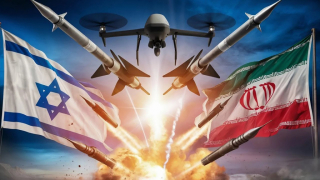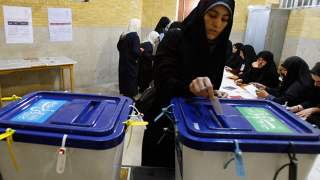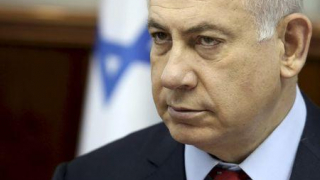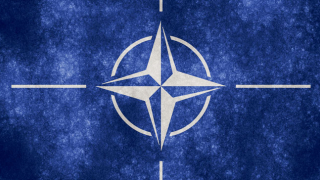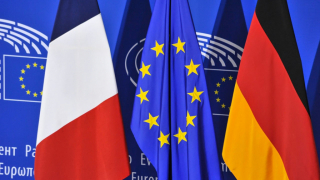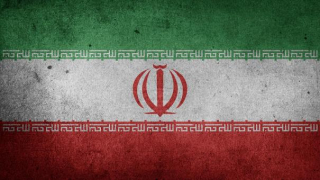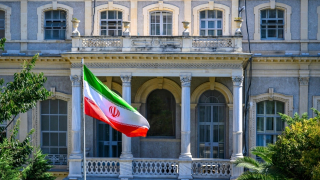A Failed Scenario: How Vidal-Quadras’ Testimony Exposed the Mojahedin-e Khalq
The Mojahedin-e Khalq Organization (MEK), a designated terrorist group, has long tried to portray a legitimate image of itself through staged events and media illusions. But once again, these efforts collapsed—this time with the farcical case of Alejo Vidal-Quadras’ appearance in a Spanish court. Vidal-Quadras, an isolated Spanish politician who has been irrelevant in political circles for years, played the role of a fabricated victim—one shaped entirely by the MEK’s propaganda machine.
In a purely theatrical move, the MEK rushed to headline the appearance of Vidal-Quadras in a Spanish courtroom across its affiliated media. The objective was clear: create media buzz, play the victim card, and revive the burned-out image of its so-called supporters. Although no court indicted or convicted him, the group tried to present his simple presence in court as part of an “international case.” With headlines like “Iranian Assassination Plot Revealed” and “Champion of Democracy Standing Against Terrorism,” MEK’s media attempted to cast Vidal-Quadras as a heroic figure—forgetting that neither the European public nor its legal institutions are so easily fooled.
The pinnacle of this embarrassment came during Vidal-Quadras’ own testimony in court. When the judge asked, “What evidence do you have that Iran attempted to assassinate you?” his response was, “Because I worked with the MEK, I think I was targeted!” This statement had no legal foundation and would not stand even in the most basic judicial scrutiny. No documents, no witnesses, no intelligence reports—just a fantasy drawn from MEK brochures and satellite programs, which rightly evoked laughter in the courtroom.
Vidal-Quadras, who has a history of electoral failures at both local and European levels, has become little more than a propaganda tool for the MEK after being pushed out of Spanish politics. Western analysts have noted that with financial and media support from the MEK, he plays the role of a media puppet tasked with keeping a decayed brand alive in public discourse. In other words, the fall from politics to courtroom theatrics is the clearest sign of a political figure’s collapse.
Naturally, the question arises—and its answer is clear: Why now? Why this scenario? The timing of this move coincides with sensitive negotiations between Iran and the United States and is no coincidence. While global diplomacy seeks ways to de-escalate tensions, the MEK and its Zionist allies are busy fabricating cases and creating negative media climates to disrupt these efforts. Netanyahu and other war-hawk figures have repeatedly used the MEK as a tool in their media war against Iran. The Vidal-Quadras scenario was conceived and executed precisely within this framework—and like its predecessors, it backfired.
As seen before, this strategy also ended in failure. No verdict was issued against Iran. Vidal-Quadras left the courtroom in disgrace. Europe’s reputable media outlets ignored the story, and the only tangible outcome for the MEK was more ridicule and loss of credibility. Even on social media, users mocked the incident, calling it a “brainless series” with a predictable ending.
The MEK has long operated a complex propaganda apparatus in Europe and the United States, funded by dubious financial sources. From producing biased documentaries to purchasing airtime on news networks and hiring freelance journalists, they use every tool at their disposal to remain in the headlines. The presence of figures like Vidal-Quadras, John Bolton, or Rudy Giuliani at their annual gatherings is a result of this paid media strategy—not genuine political or social legitimacy. For the MEK, the speaker’s credibility doesn’t matter; what matters is their ability to play a part in the media spectacle.
The close ties between the MEK and hardline Zionist lobbies have been widely noted by international observers. From open support by pro-Israel lawmakers in Western parliaments to funding the group’s media projects, the overlap in goals between these two entities is evident. In fact, the MEK has become a convenient tool for feeding anti-Iran narratives—despite having no legitimacy or social base of its own. The Vidal-Quadras affair clearly reveals the coordinated political, media, and intelligence machinery behind this agenda.
While MEK-affiliated media tried to sensationalize the court proceedings, independent European and Spanish outlets took a professional, unbiased approach, highlighting the lack of evidence and calling Vidal-Quadras’ statements “unsubstantiated claims” at best. This professional stance once again proved that in today’s media landscape, credibility cannot be bought so easily—and that global audiences can distinguish truth from deception.
The MEK had hoped to use the Vidal-Quadras case to escape political isolation through a wave of media attention. But the result was far from what they had planned. No legal action was taken against Iran, and Vidal-Quadras’ baseless claims and courtroom appearance turned into a ridiculous media spectacle that only brought further disgrace upon him and the MEK. What remained was not a legal case—but yet another document of the political and moral bankruptcy of a group that has long served as a tool in the soft war against Iran.


